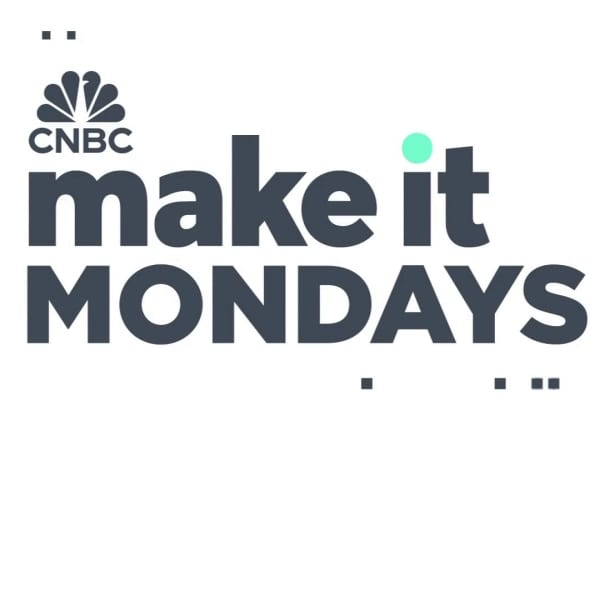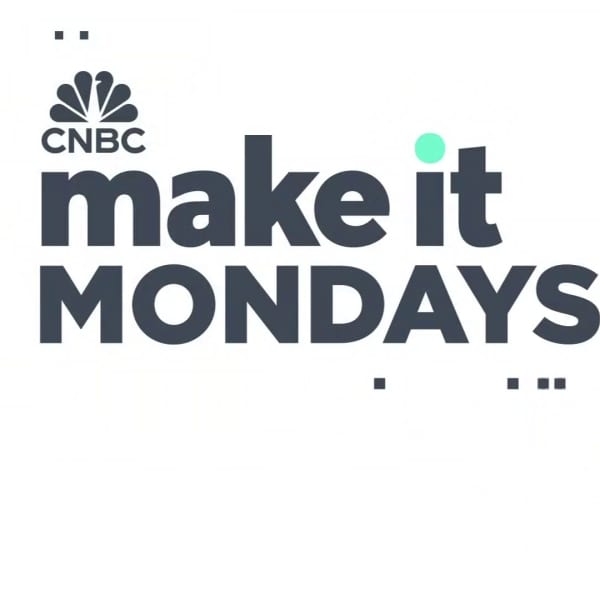Mark Cuban had no choice but to become an entrepreneur.
"I was never going to be good at working for someone else," the billionaire investor and owner of the NBA's Dallas Mavericks told Wired in a video Q&A last month.
Cuban began honing his sales skills with a long series of side hustles that started when he was only 12 years old, from selling garbage bags door-to-door to giving dance lessons. But, it wasn't until he was in his mid-20s that Cuban launched his first actual company, the software startup MicroSolutions.
While he'd eventually sell that company in 1990 for $6 million, Cuban's struggles to initially get the business off the ground left him feeling "terrified."
The business had "no sales" and Cuban's "anxiety was through the roof," he told Wired after reading a question from a Twitter user who wondered if there was ever a time when the billionaire wanted "to give up."
Cuban responded by saying he never considered quitting and walking away from his fledgling business, because he knew "that I made a [terrible] employee."
Indeed, Cuban had been fired from multiple jobs at that point in his life, including from his most recent job selling business software for a store in Dallas. The young Cuban had taken the initiative to close a big sale, leaving the store without telling his boss to finalize the deal and pick up a $10,000 check, he recalled in a 2017 podcast interview.
"I figured when I came back he'd be thrilled to death, right? Fired me on the spot," Cuban said in 2017.
Cuban had a similar experience working for Mellon Bank in Pittsburgh after he graduated from Indiana University. As Cuban told Wired, he asked a high-ranking executive to speak to a group of young employees at a happy hour about "what it's like to work at the bank."
"I thought that was a really cool idea and I was taking initiative," Cuban told Wired.
Instead, Cuban's boss got wind of the idea and harshly scolded Cuban for going over his head and speaking to executives without permission. The blowback nearly left Cuban in tears.
"I mean, I'd never felt anything like that before," he said. "And, I just knew then that I was not destined to be an employee."
What Cuban saw as "taking initiative," his employers often saw as disrespect or insubordination.
"I was a lousy employee because I was a know-it-all," he told Wired. "I was an entrepreneur at heart, and I always thought I had a better idea [for how to do things]."
That realization is exactly what helped get him through the initial struggles at MicroSolutions, even when the company was nearly broke. Cuban's past failures convinced him his best chance at success would be as his own boss, which forced him to stick it out with his first business until things turned around.
Of course, the company eventually proved successful and that paved the way for Cuban's next business, audio streaming company Broadcast.com, which was acquired by Yahoo in 1999 for $5.7 billion.
While the independent streak that made Cuban "an entrepreneur at heart" may have rubbed his bosses the wrong way, he says his primary skill — sales — is what he'd fall back on if he ever needed to start his career over from scratch.
When you're great at sales, as Cuban says he is, "you understand what people need and want, [and] you put yourself in a position to help them," he said in a TikTok interview last year. In that sense, salesmanship is the sort of practical skill that can help you become successful in nearly any field, once you have mastered it, according to Cuban.
"Then you make good things happen, close deals and that's how you create companies," he said.
Disclosure: CNBC owns the exclusive off-network cable rights to "Shark Tank," which features Mark Cuban as a panelist.
DON'T MISS: Want to be smarter and more successful with your money, work & life? Sign up for our new newsletter!
Get CNBC's free Warren Buffett Guide to Investing, which distills the billionaire's No. 1 best piece of advice for regular investors, do's and don'ts, and three key investing principles into a clear and simple guidebook.





